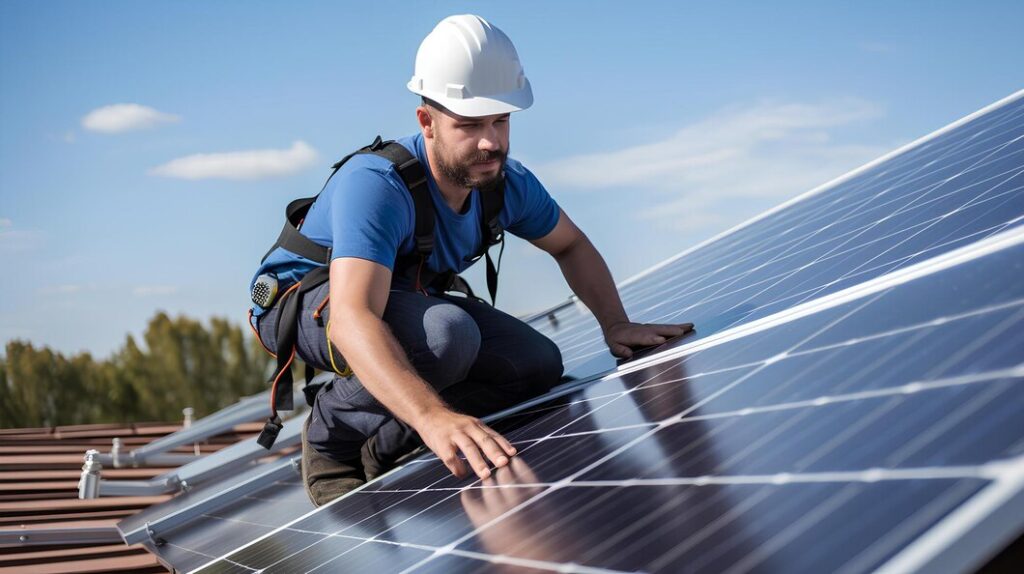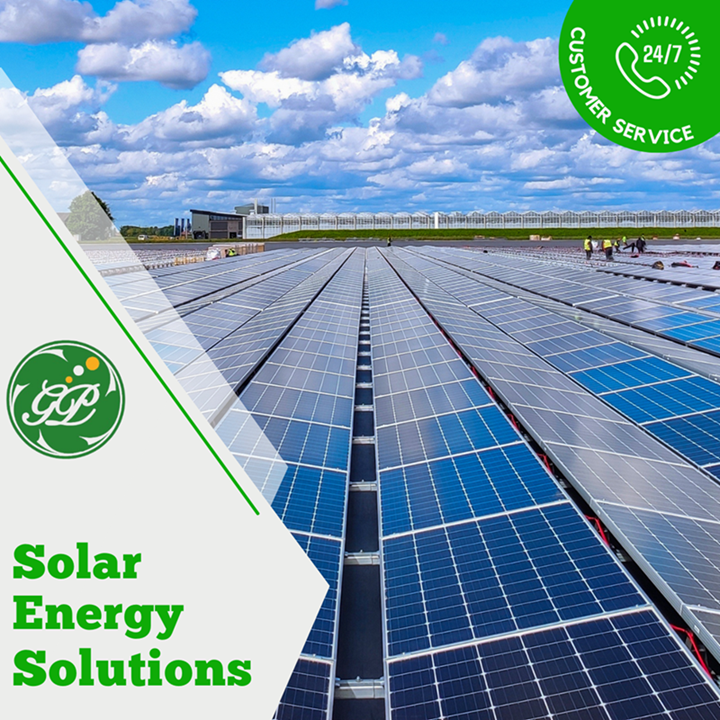
With the increasing focus on renewable energy sources, solar power has emerged as a prominent solution for sustainable electricity generation. Installing solar panels not only helps reduce carbon emissions but can also offer long-term cost savings for both households and businesses. However, it’s important to conduct thorough checks before finalizing your solar installation to ensure optimal performance and energy efficiency. These checks can help you make the most out of your investment and contribute to a cleaner and more sustainable future.
Roof Assessment
Before installing solar panels on your roof, there are a few things that you need to consider. One of the most important factors is the location of your roof. A roof facing south usually receives the most sunlight during the day, which is ideal for producing the highest amount of solar energy possible. Also, the angle of your roof is crucial because it can affect how well the solar panels work. The best angle for your roof is the same as your location’s latitude.
Another important thing to consider is whether any objects will cast a shadow on your roof. Trees, buildings, or anything else that blocks the sun can reduce the performance of your solar panels. So, it’s important to make sure that your roof is not shaded by anything to ensure that the solar panels get enough sunlight.
Lastly, you need to check the condition of your roof. If your roof is damaged or needs repairs, it’s best to fix it before installing solar panels. Ignoring the maintenance of your roof can cause problems that can affect the effectiveness of your solar panels. So, it’s essential to conduct a complete evaluation of your roof to make sure that it’s suitable for solar panel installation and that it will last for a long time.
Energy Consumption Analysis
Another key consideration for tenants contemplating solar panel installation is understanding their energy consumption patterns. This involves delving into historical electricity bills to gain insight into average daily and monthly energy usage. By conducting this analysis, tenants can effectively determine the appropriate size of the solar system needed to offset their electricity consumption.
It’s crucial to strike the right balance during this process. Oversizing the solar system can lead to unnecessary costs, while undersizing it may result in an insufficient supply of solar energy to meet the tenant’s needs. To navigate this challenge, consulting with a professional solar installer or utilizing online calculators can be immensely helpful. These resources leverage advanced algorithms to accurately size the solar installation based on the tenant’s specific energy requirements, ensuring optimal performance and cost-effectiveness.
Regulatory Compliance
Solar panel installations are required to follow many rules and regulations set by local authorities and utility companies. Tenants need to understand and comply with these regulations and permitting requirements before proceeding with their installation. This means ensuring that the installation meets zoning laws, building codes, and utility interconnection requirements. Getting the necessary permits and approvals is not only a legal requirement but also a vital step in ensuring the safety and reliability of the solar system. If regulatory requirements are not met, it can lead to legal problems and jeopardize the integrity of the installation. Therefore, tenants should conduct thorough research and fulfil all regulatory obligations before finalizing their solar project.
In addition, tenants should look into any incentives, rebates, or tax credits that may be available for solar installations in their area. These financial incentives can significantly reduce the initial costs of the project and make it more financially feasible overall.
Quality Assurance and Warranty
When it comes to solar installation, quality and reliability are the most important factors to consider. To make a successful investment, it is crucial to conduct thorough research on reputable solar manufacturers and installers. It is important to partner with manufacturers and installers that have a proven track record of delivering high-quality products and services. This can be established by examining customer reviews, industry certifications, and references from previous installations. By working with trusted professionals, you can be confident in the reliability and performance of your solar system.
It is also important to pay close attention to the quality of the components used in the solar installation. Each component should meet industry standards and certifications for performance and durability. From solar panels and inverters to mounting hardware and wiring, investing in premium-quality components ensures the longevity and efficiency of the solar system.
Additionally, it is essential to inquire about the warranty coverage provided for the solar panels and related equipment. A comprehensive warranty not only protects your investment but also provides peace of mind knowing that your solar system is backed by reliable support. Make sure that the warranty covers potential product defects, performance guarantees, and installation workmanship to safeguard against unforeseen issues.
In conclusion, before finalizing your solar installation, thorough planning and consideration of these key factors are essential to maximize the benefits of solar energy. By conducting a roof assessment, analyzing energy consumption, ensuring regulatory compliance, and prioritizing quality assurance, you can optimize the performance, efficiency, and longevity of your solar system. With proper planning and execution, a solar installation can provide sustainable, cost-effective energy solutions for years to come.


